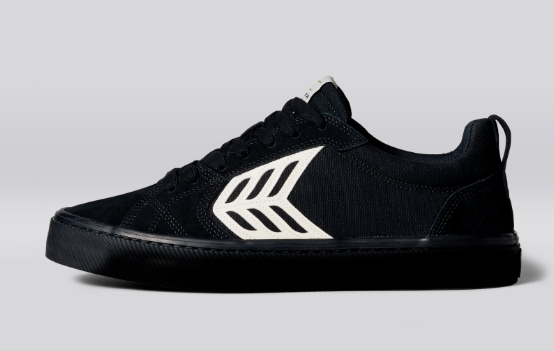Every profession has its own unwritten dress code, and in the legal field, the pressure is particularly sharp. Clients often form an impression of our competence long before we open our mouths in a meeting or courtroom—sometimes it’s in the details of our handshake, sometimes in the way we sit, but almost always in how we dress. For years, I struggled with finding the balance between looking polished and feeling comfortable enough to handle days that often stretched past twelve hours.
I remember vividly a client once telling me, “You look so professional today—it makes me feel reassured.” Ironically, that was the day I had abandoned my usual stiff leather shoes for something that actually let me breathe: a pair of cariuma canada sneakers. From that moment, I began to realize that professionalism didn’t have to mean sacrificing comfort, and in fact, the two could coexist in a way that enhanced the perception of my work.
On my daily commute, I spend a significant amount of time either in transit or walking between offices and meeting spots. Traditionally, I would carry an extra pair of formal shoes in my bag, but that always left me juggling files, laptop, and footwear like some overworked street performer. The first week I wore Cariumas, I noticed something subtle yet game-changing: I stopped dreading the walk to the office. My posture improved, my pace quickened, and—oddly enough—I felt a quiet confidence that carried over into my client interactions.
In the legal industry, authority is not just about the words you speak but the presence you command. There’s a stereotype that only stiff suits and polished oxfords can deliver that image, but I’ve discovered that clients value authenticity more than outdated symbols of professionalism. When I walk into a room in sleek, understated sneakers that don’t scream for attention yet signal a refined sense of style, I see the double-take in their eyes. It’s as if they’re silently registering that I’m both relatable and reliable.
There was one negotiation session where we had been at the table for six straight hours. Everyone looked exhausted, ties were loosened, jackets thrown across chairs. One of the clients leaned over and said, “How are you still so composed?” I half-joked that my shoes were doing the heavy lifting. What I didn’t say out loud was that the support and comfort were actually allowing me to focus fully on strategy instead of counting down the minutes until I could sit and take the weight off my feet.
Another unexpected shift was the way colleagues started perceiving me. In a world where people often default to conventional business attire, choosing something different—yet tasteful—sparks conversation. A junior associate once asked me, “How do you manage to look professional while wearing sneakers?” That question turned into a discussion about the evolving standards of workplace dress codes, where functionality and style can harmonize instead of clash. It was in these small exchanges that I noticed how footwear wasn’t just about fashion; it was influencing the perception of adaptability and forward thinking.
The longer I’ve worn Cariuma sneakers, the more I appreciate the detail in their design. They don’t push too hard for attention, but they’re never out of place either. There’s a quiet sophistication that fits seamlessly with tailored trousers, crisp shirts, or even a relaxed Friday look. For me, they became more than just a footwear choice—they were part of an unspoken narrative about modern professionalism.
When you’re a legal advisor, clients aren’t just hiring you for legal knowledge. They’re trusting you to navigate complex terrain with composure, clarity, and foresight. And oddly enough, shoes became an invisible ally in communicating that message. I realized that professionalism wasn’t locked inside a rigid uniform; it could be expressed in thoughtful choices that put practicality and authenticity at the forefront.
